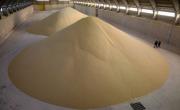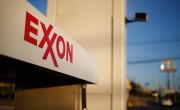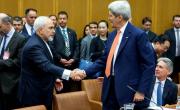Everybody Loves MBS at These Oil Prices
Saudis Bank Their Oil Windfall, Offering an Opportunity for Investors
By
Craig Mellow
June 3, 2022
Remember Jamal Khashoggi? Neither, apparently, does the global power elite these days. Crude oil pushing $120 a barrel has expunged concerns about the Saudi Arabian journalist dismembered in 2018, reportedly by minions of Crown Prince Mohammed bin Salman.
French President Emmanuel Macron and United Kingdom Prime Minister Boris Johnson have both trekked to Riyadh to cajole more production from MBS, as the de facto Saudi leader is known. President Joseph Biden may well follow suit this month, while attending a Gulf Cooperation Council summit in the Saudi capital. That would be thanks for Saudi-dominated cartel OPEC+ lifting output targets by 200,000 barrels daily at a June 2 meeting.
MBS isn’t just raking in political capital. The kingdom earned $1 billion a day on petroleum in the first quarter of 2022, yielding a $15 billion budget surplus.






